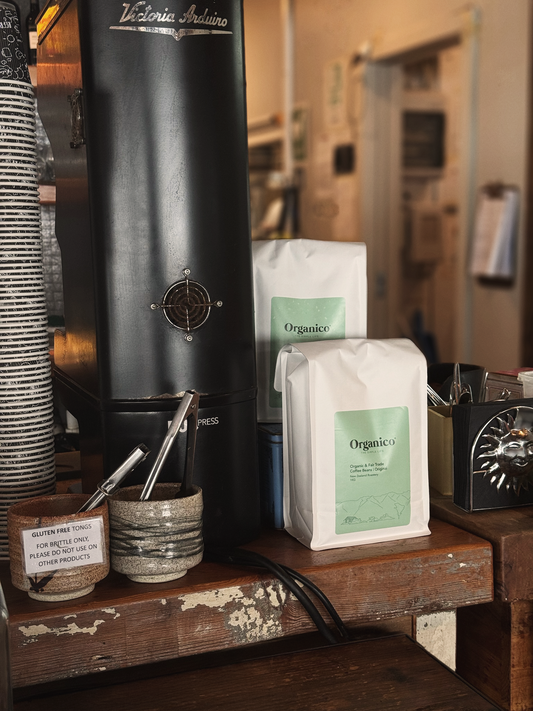Any avid gardener will want natural insecticide, it’s something that will have a massive effect on your home garden, for all sorts of plants. Because even though we have very few critters in Aotearoa trying to harm us, we have plenty that want to harm our plants.
The problem is, what do you use when you want the pests taken care of, but you have pets and children?
Believe it or not, natural insecticide for vegetable gardens and plants is something you can both buy or make yourself.
Are you ready to go natural?
It can be quite overwhelming to go from using commercial pesticides that may not be the most environmentally-friendly, to trying your own. Still, you will undoubtedly find that these options above are easy to create. When in doubt, get in touch with your local lawn care company who can lend a helping hand.
For aphids and caterpillars
If your plants are overrun with caterpillars and aphids, then an excellent natural garden pest control measure is garlic. Not only is it a natural anti-fungal, antiviral, and antibacterial vegetable with a myriad of health benefits, but it’s something those nasty little critters will hate.
Gather vegetable oil, water, a bleach-free dish soap, and a head of garlic. Crush the garlic with the oil and add water and the dish soap. Sit it overnight, strain it, then spray it on the plants. This natural insecticide for your garden even has a pleasant odour while it’s making quick work of your pests.
For fungal problems
If you live in one of the wettest parts of NZ, then you might find yourself combating fungal problems in your garden from time to time. It can be tempting to purchase a powerful, chemical-laden product to take care of it, but natural plant insecticide can be as helpful.
You just have to know what to use. And the winner? Baking soda.
Fungus is quite common in wet or humid areas, or even in gardens with plants that are too close together. You can combine baking soda with vegetable oil, bleach-free dish soap, and water. Mix these ingredients thoroughly, put them in a spray bottle, and get to work. You’ll have fungus-free plants in no time.
For pests and bugs
Are bugs getting to your vegetables before you? You need a natural insecticide for your vegetable garden. Believe it or not, the answer lies in three common kitchen ingredients: garlic, chilli, and onions.
To create an effective natural plant pesticide, crush or puree four onions, two garlic cloves, and four hot chillies. Mix these with two tablespoons of bleach-free dish soap and two cups of water.
Let it sit overnight, strain it, then add five litres of water. Pop it into a spray bottle and take action on those pesky bugs and insects.
For aphids and insects
If you are having trouble with many different insects, then have you considered what tomato leaves can do for you? More and more people are seeing the value in this amazing plant as a natural plant insecticide.
Tomato plants contain alkaloids that control aphids and various other insects. All you need to do is chop up two cups of tomato leaves with one litre of water. Let it sit overnight and then strain the plant matter out of it. Put the liquid in a spray bottle and spray it onto your affected foliage.
For beetles and mites
If you’re facing an uphill battle with mites or beetles, or even aphids and whiteflies, then a soap spray could be the best form of natural pest control for you. It’s also far easier and safer to use than many other chemical-laden pesticides for sale.
Mix one and a half teaspoons of liquid soap with one litre of water. Spray it onto the infected surface. Avoid applying it during a hot or sunny day.
For aphids and mites
Aphids and mites can do significant damage to your favourite plants, but why give them a chance? You can make a vegetable oil-based spray that will take care of business. They’ll be gone before you have an opportunity to say ‘nature knows best’.
Mix one cup of vegetable oil with a tablespoon of mild liquid soap. Cover the container and shake it until it has mixed. You can then add two teaspoons of the blend and mix it with one litre of water. Shake it again in a spray bottle, then spray it onto the affected plants.
The oil in this mixture covers the insects’ pores, which stops them from being able to breathe.

